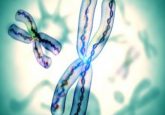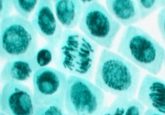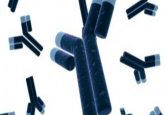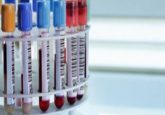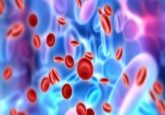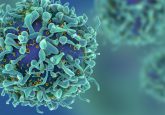DFMO shows promise for pediatric neuroblastoma patients in Phase I study
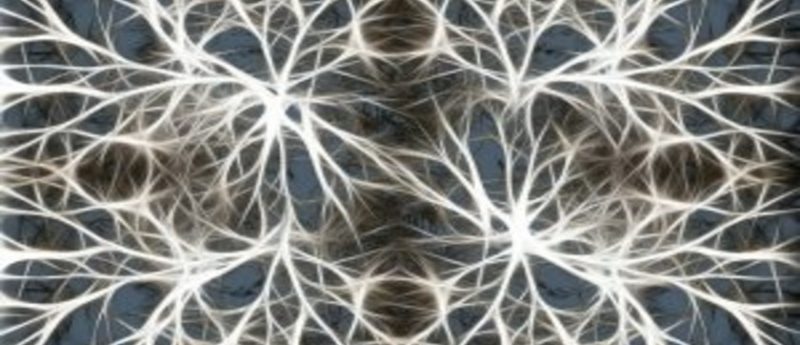
A team of researchers at Helen DeVos Children’s Hospital (MI, USA) have published the results of the first clinical trial on the use of the investigational agent DFMO in pediatric neuroblastoma patients in PLOS ONE. The findings revealed minimal side effects in patients as well three patients with long-term survival – an important advancement in neuroblastoma research.
The trial was led by Giselle Sholler, a pediatric oncologist at Helen DeVos Children’s Hospital and the Neuroblastoma and Medulloblastoma Translational Research Consortium, whose team had previously conducted laboratory studies to investigate how this DFMO works in preventing tumor formation in lab models of neuroblastoma. Sholler integrated research on how DFMO targets the ODC gene in neuroblastoma, which was earlier conducted by Andre Bachmann of Michigan State University College of Human Medicine (MI, USA).
Sholler commented: “We believe that by using DFMO to target an important cancer stem cell pathway to ‘turn cells off,’ we may prevent children from relapsing. Cancer cells have pathways that drive the cancer to grow and DFMO targets a specific pathway to turn these cells off.”
At participating sites in the Neuroblastoma and Medulloblastoma Translational Research Consortium, the trial was then conducted to test a combination of the ODC inhibitor DFMO with etoposide in children with relapsed or refractory neuroblastoma. The 21 children enrolled in the study received daily oral DFMO alone for 3 weeks, followed by additional three-week cycles of DFMO plus daily oral etoposide.
In children with relapsed neuroblastoma, DFMO was well tolerated and presented minimal side effects. Six of 18 evaluable patients were progression free during the trial period and three children continued on to be progression free in the long term.
A 10-year old patient enrolled in the Phase I trial, Will Lacey, needed no follow-up treatment and experienced no side effects, changing his life dramatically. Will’s father Patrick Lacey explained: “His quality-of-life has been amazing! He was never in the hospital and he was indistinguishable from his peers. Will has had an incredible two and a half years and has not required any further tumor directed therapy since.”
The researchers report that the patients who best responded to DFMO had specific alleles of the ODC gene, and therefore this patient subset may uniquely be susceptible to therapies like DFMO. Sholler and the Neuroblastoma and Medulloblastoma Translational Research Consortium are now testing DFMO in a Phase II clinical trial to prevent neuroblastoma relapse.
Sources: Sholler GLS, Gerner EW, Bergendahl G et al. A Phase I trial of DFMO targeting polyamine addiction in patients with relapsed/refractory neuroblastoma. PLOS ONE. 10(5): e0127246 DOI: 10.1371/journal.pone.0127246 (2015); Spectrum Health press release
